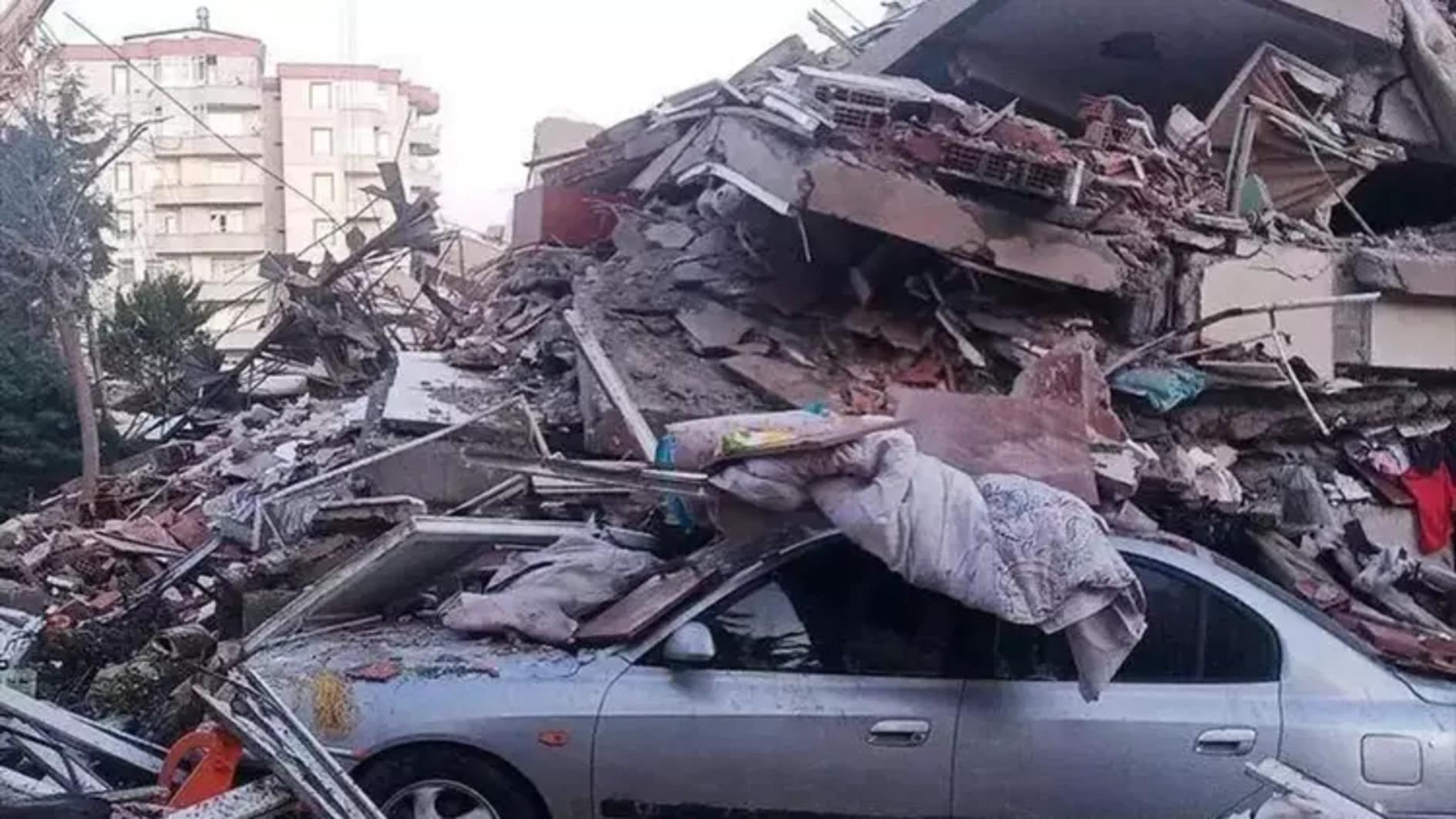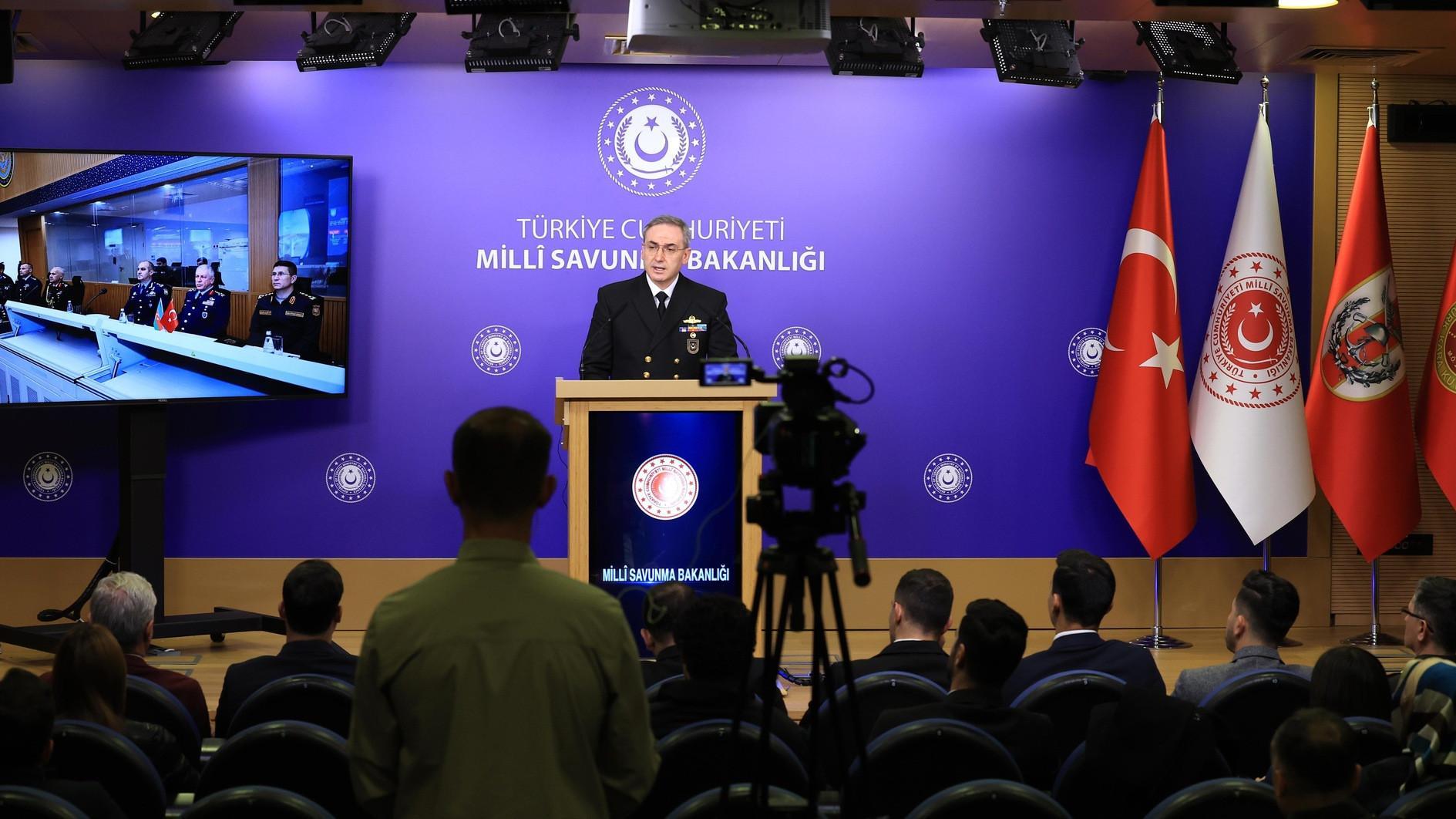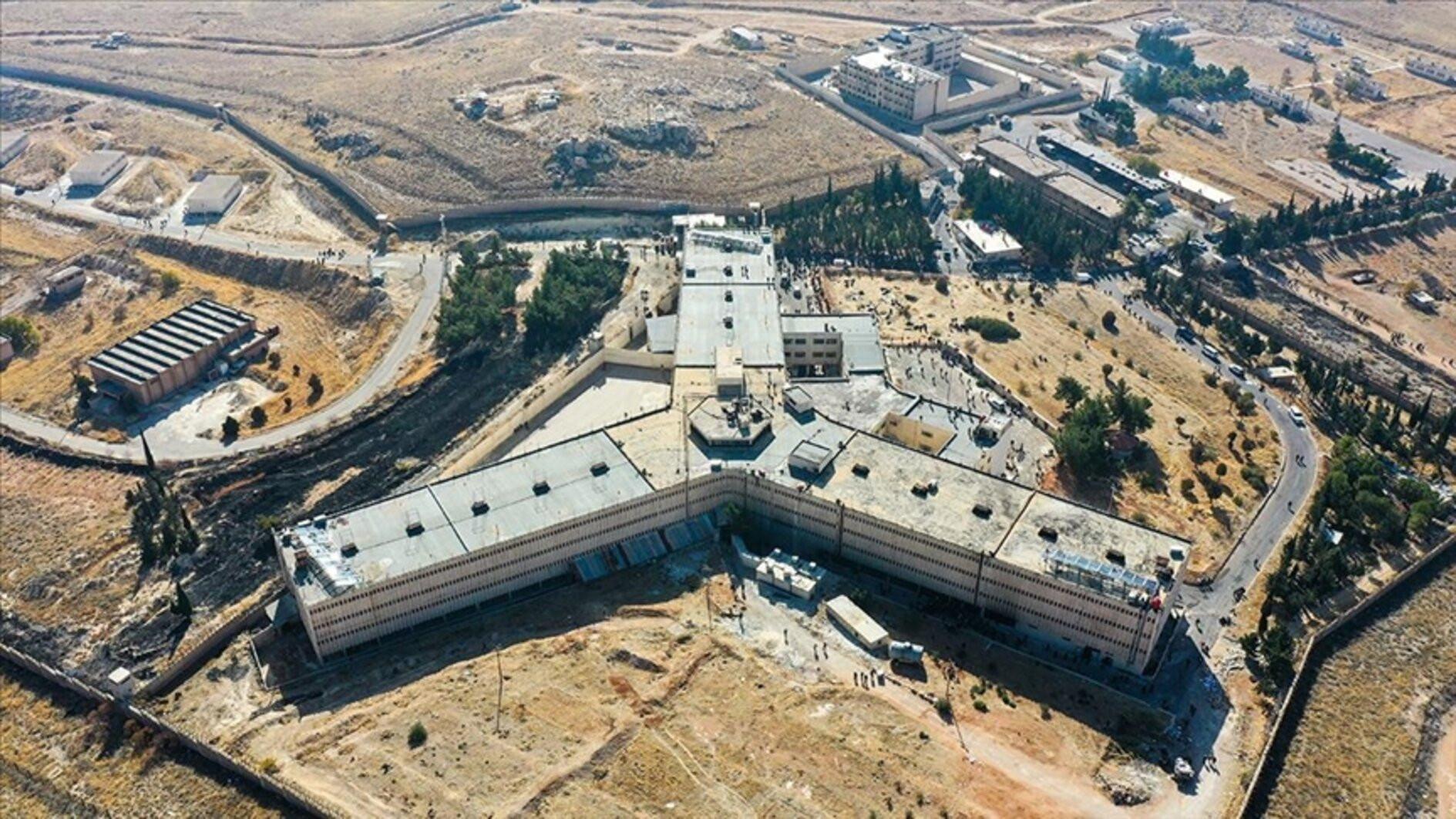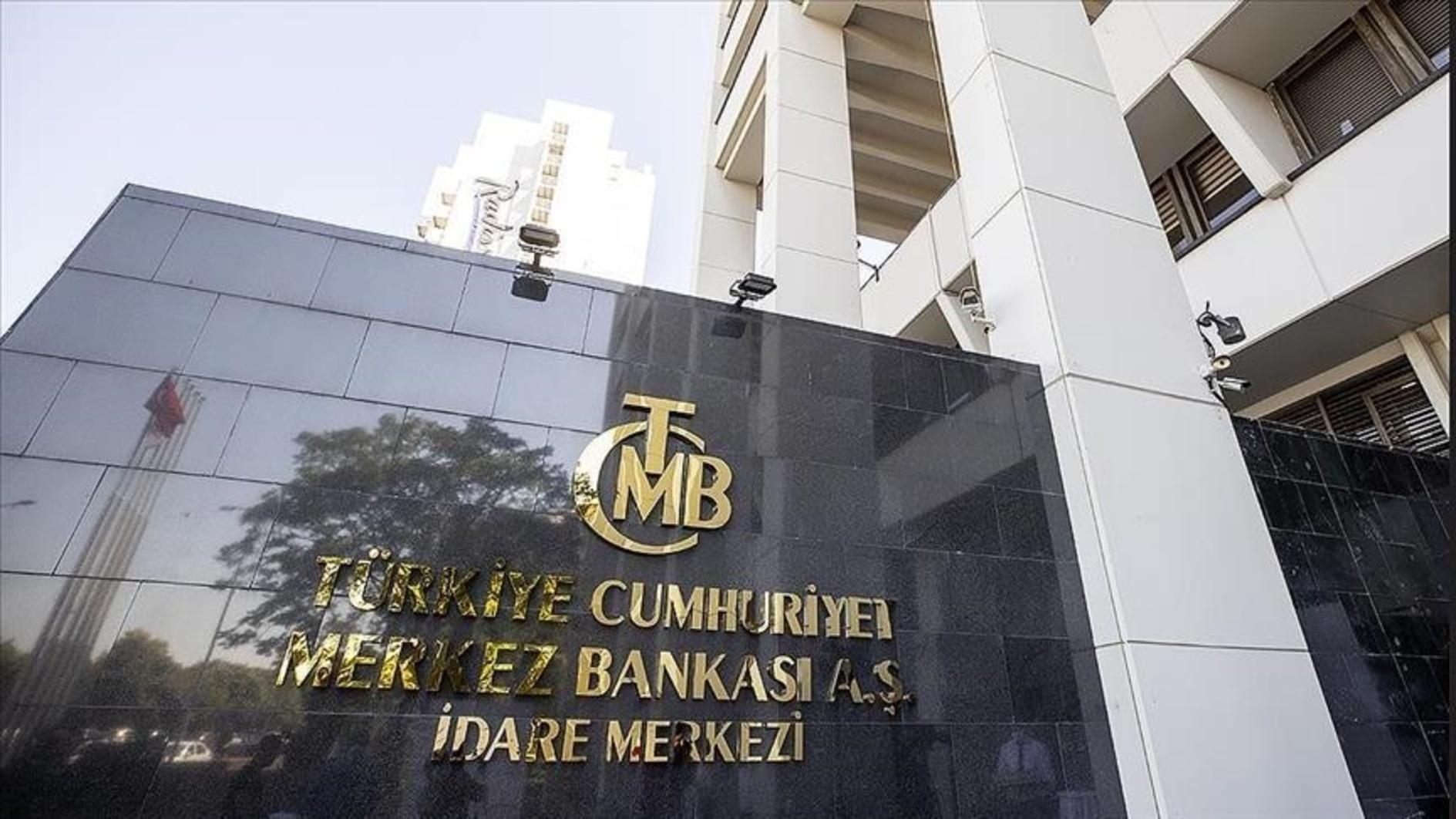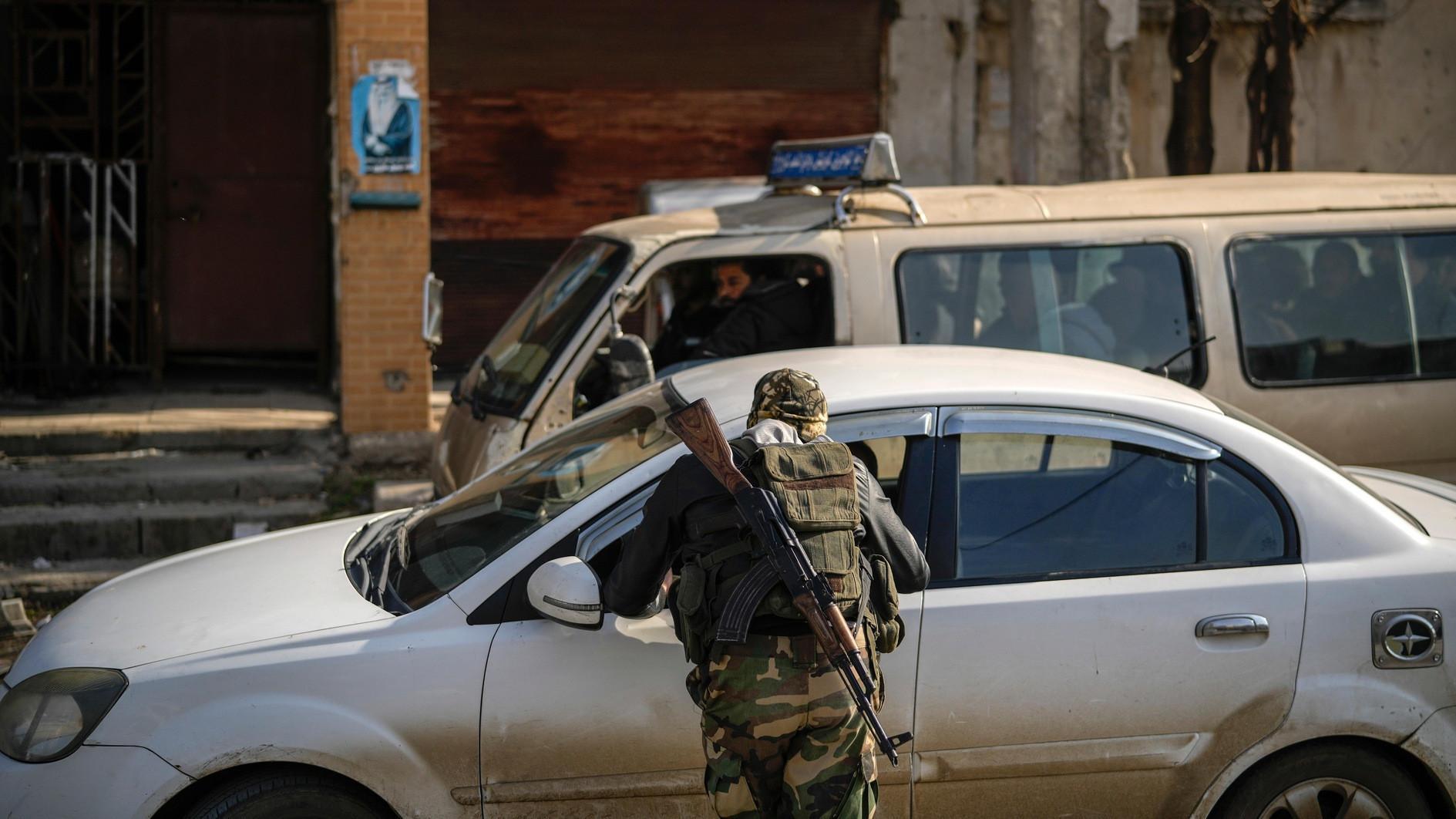Half-opened Pandora’s Box and Syria’s unfolding bane
On the wall was chalked:
They want war.
The man who wrote it
Has already fallen.
Bertolt Brecht
It was no more than a couple of years ago when the now-embattled president of Syria was confidently presenting his then-relatively-stable country as “the security guarantee” of its region, commonly referred as the Middle East, which has long ago been forced to forget the definition of the word “stable.”
Even in those days when Syria used to make headlines not for its current conflict, but over its troubled relationship with Lebanon, failed peace talks with its arch-foe Israel or the international isolation led by the United States, President Bashar al-Assad’s argument was assertive. But his words were not entirely wrong, even for today. Although facing an internationally-fueled conflict between externally-sponsored fighters and forces loyal to al-Assad, Syria has not yet assumed Greek mythology’s ill-fated role of Pandora. The infamous box containing “the entire world’s evil” has not been opened entirely for the region.
Amidst the war-mongering discourse of world politicians, the release of “the evil” from the Box, however, is imminent. While giving strong support to the armed rebel forces, the anti-al-Assad camp in the world prefers not to think of long-term ramifications.
What the anti-al-Assad camp fails to see is that the scattered character of the heavily armed rebel forces poses a risk of turning against their supporters or even temporary allies and becoming somewhat feudal trouble – warlords exercising military power without recognizing or binding to any specific oath.
Today, it is crystal clear to everyone that anti-al-Assad forces have neither an organized structure nor a unified leadership in control and Syria is on the brink of seeing a Lebanon-like Civil War, in which the fighting forces will not only be two but many others.
The other possibility is that the already divided country between rebel and military-held zones might witness more fractioning, in which each warlord rules his own domain. These likely scenarios will mean the escape of “the entire world’s evil” with hope being the sole remnant of the Box, not only for Syria, but the entire region, especially Turkey, which is now also playing with fire by hosting rebel forces on its soil.
Since any conflict spreading from Syria will have ethnic motivations, the dark touch of violence may not avoid the necks of Turkey, home to those who may side with counter-parties, and of many other countries in a similar situation with an ethnically fragile environment, such as Iran, Iraq or Lebanon, which just saw a deadly blast raising fears of renewed sectarian violence in the country.
Should Turkey and world want to avoid catastrophic regional fallout, they have to move beyond the dangerous policy of agitating one-another over the course of their Syrian policy.
Al-Assad’s Syria is obviously a long way from being “the security guarantee” of its region, but today it has the flammable capacity to spark a wildfire, which will engulf the whole nearby region.


